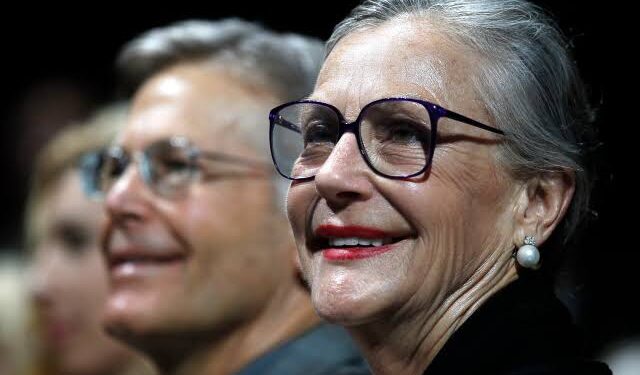The Federal Government has allocated N207.3 million for the establishment of local fish feed mills across the six geopolitical zones in the country, aiming to enhance the fisheries sector.
Additionally, The government has earmarked N151 million for the development of post-harvest infrastructure in the fisheries and aquaculture sectors, aiming to reduce waste and improve efficiency in the industry.
This was contained in the 2025 Appropriation Bill of the Ministry of Marine and Blue Economy seen on Sunday.
The government has also allocated N185 million for the provision and construction of solar panels and inverters, aimed at providing an alternative source of power to the Ministry of Marine and Blue Economy.
According to the budget, N119 million has been allocated for the establishment of a regional maritime development bank.
The total allocation for the Ministry of Marine and Blue Economy in the budget is N38.3 billion, with N35.7 billion designated for capital expenditure, N744 million for overhead costs, and N1.8 billion for personnel expenses.
In addition, N300 million has been allocated for the purchase of sea boats, while N333.6 million has been set aside for the purchase of motor vehicles for the Ministry of Marine and Blue Economy.
The Ministry of Marine and Blue Economy has allocated N191.5 million for rehabilitation repairs, and N54 million for environmental preservation.
In response to the proposed fish feed mills, the Fisheries Cooperative Federation of Nigeria Limited praised the Federal Government for the initiative.
However, the National President of FCFNL, Muhammad Laminu, expressed concerns during an interview noting that while the proposal is commendable, its implementation may pose challenges, according to The Punch.
Laminu acknowledged that if the fish feed mill initiative is fully implemented, it could significantly address the high cost of feed that fish farmers are currently facing in the country.
“It’s a good plan but the problem is putting it into operation and sustaining it. It will help greatly because the major problem of fish farming in this country is the high cost of feed. But we pray the government will use our local raw materials for production thereby reducing the cost of production and the price will go down,” he said.
He added “If the proposed project is completed and sustained, the government will succeed in tackling food scarcity, creating jobs, improving revenue, enhancing the protein needs of Nigerians, and generating income. To achieve this there is a need for government to engage the stakeholders in the industry. We will contribute greatly to its sustainability.”











